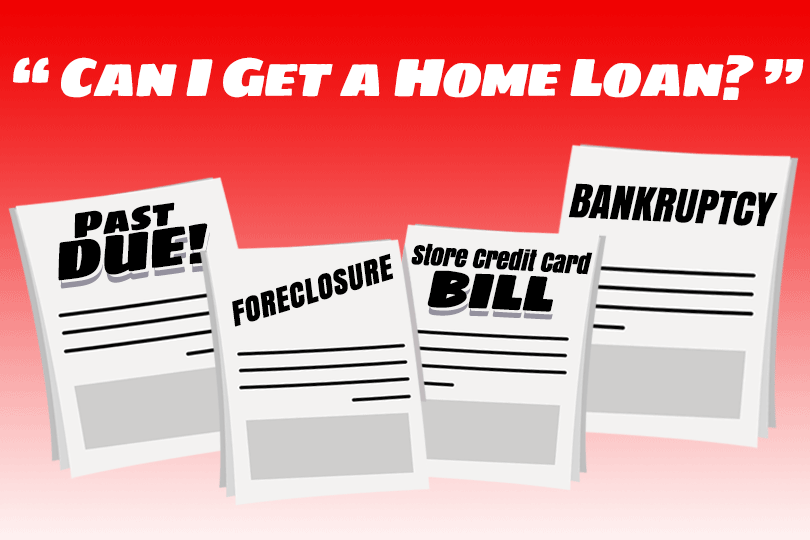When Should I Get Pre-Approved for a Home Loan?

There are some who use “prequalify” interchangeably with “pre-approved,” so let’s clear that up before answering the question about when to apply for pre-approval.
Getting prequalified for a home loan means you have filled out some basic paperwork with a lender while in the house hunting process. Getting pre-qualified lets sellers know you are not window shopping, but serious about finding the right property.
To be honest, getting pre-qualified isn’t always needed--but when you are serious about making offers on property it can be very helpful while you are preparing to fill out forms to get pre-approved. Pre-approval is stronger than pre-qualification, but you won’t need pre-approval til later in the process.
Pre-approval is different. Pre-approval is something you do just ahead of making a serious offer and committing to a property. Pre-approvals can include an expiration date and you may only have 90 days to use your pre-approval before it expires. (Always ask the lender how long your pre-approval is good for in that particular agreement).
Pre-approval can give you an idea of how much loan you qualify for based on your income, debt ratio, and the amount of the monthly mortgage on the home you are considering.
Pre-approval requires borrowers to gather some important documents the lender will require. They include:
- Tax returns from the last two years
- W-2s from the past two years
- Recent pay stubs
- Housing history (own or rent)
- Bank statements for savings accounts
- Statements showing your other assets
- Photo ID
- Employment verification
Borrowers who pre-qualify should understand that home loans can be approved and the mortgage loan process can move forward but the loan is never final until your closing date.
That means that borrowers should avoid applying for other lines of credit, making major income or career changes, and avoid any other significant alterations to credit, income, or employment before the loan closes and you officially own the home. Lenders can and do cancel home loans due to substantial changes in a borrower’s financial position before loan closing day.
------------------------------
Learn About the Path to Homeownership
Take the guesswork out of buying and owning a home. Once you know where you want to go, we'll get you there in 9 steps.
Step 1: How Much Can You Afford?
Step 2: Know Your Homebuyer Rights
Step 3: Basic Mortgage Terminology
Step 4: Shopping for a Mortgage
Step 5: Shopping for Your Home
Step 6: Making an Offer to the Seller
Step 7: Getting a Home Inspection
Step 8: Homeowner's Insurance
Step 9: What to Expect at Closing

Do you know what's on your credit report?
Learn what your score means.







